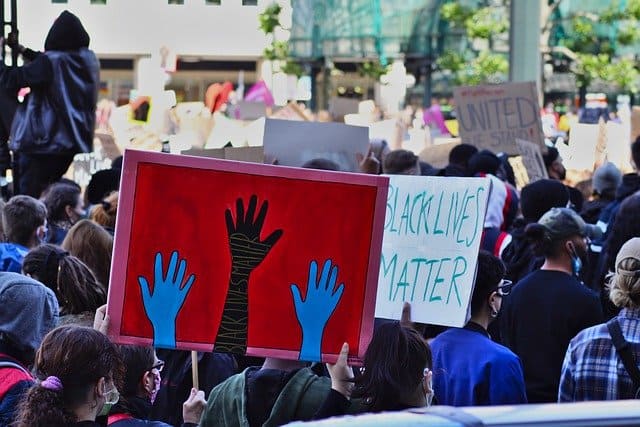The institutional racism that plagues the US costs billions of dollars to the world’s largest economy, a former African-American Citigroup economist estimates.
By closing the gaps between African-American and white citizens, the American country could earn an additional $5 trillion in the coming years.
In late May 2020, Dana Peterson, who at the time worked at the world’s largest financial services company, put aside her regular work related to monetary policy analysis and started to investigate what the economic impact has been caused to the US by racism in more than two decades.
She carried out the study for this period as there was the longest economic expansion in US history. She found that if the North American country had managed to close the racial gaps, it would have generated an additional $16 trillion in production since 2000.
According to her calculations, the US could have created 6.1 million extra jobs a year. Additionally, African American entrepreneurs would have earned $ 13 trillion in additional income if they had fair and equitable access to credit.
Equitable access to home loans could have allowed 770,000 people to own their own home. Sales and expenses would have added $218 billion to US gross domestic product, the economist concluded.
Peterson calculated that by closing the gaps between African American citizens and whites, the North American country could earn an additional $ 5 trillion from its economic activity over the next five years.
For Peterson, doing this research was a way of presenting the centuries-old problem so that financial and economic experts could understand it.
“Some people don’t really contemplate there being a problem. So that was the value of adding numbers, because numbers take some of the emotion out of it. If you can relate to someone in their language, then it means something,” said the researcher to Bloomberg.
Scientific interest had not been the only reason that pushed Peterson to conduct this study. There were also personal reasons. During her interview with the agency, the woman recalled being arrested and searched with her teenage friends by police on the New York subway.
While studying at Wesleyan University, she met people who questioned whether her admission to this elite Connecticut educational institution was the result of affirmative action policy or on her own merit.
During her 18 years of service at Citigroup, Peterson acknowledged that she avoided putting her photo in the company’s email system because of racism.
“I had a very real fear that people would judge the quality of my work—or whether they wanted to work with me—by my picture,” she explained.
Peterson asserted that racial inequalities in the United States today exist at all junctures, whether it’s when African-American college graduates are paid less than their white counterparts or the difficulties minority entrepreneurs face when trying to insuring investment against venture capitalists.
In fact, this is not the only similar research that has been conducted in recent years. Other groups have also tried to calculate the economic cost of racism. Thus the nonprofit organization Altarum reported two years ago that the US could add $ 8 trillion in the gross domestic product by 2050 if it succeeded in eliminating racial inequalities.
Another study carried out by McKinsey & Co. in 2019 projected that the racial wealth gap would cost the US economy about $ 1.5 trillion between 2019 and 2028, due to its cushioning effect on consumption and the investment.
